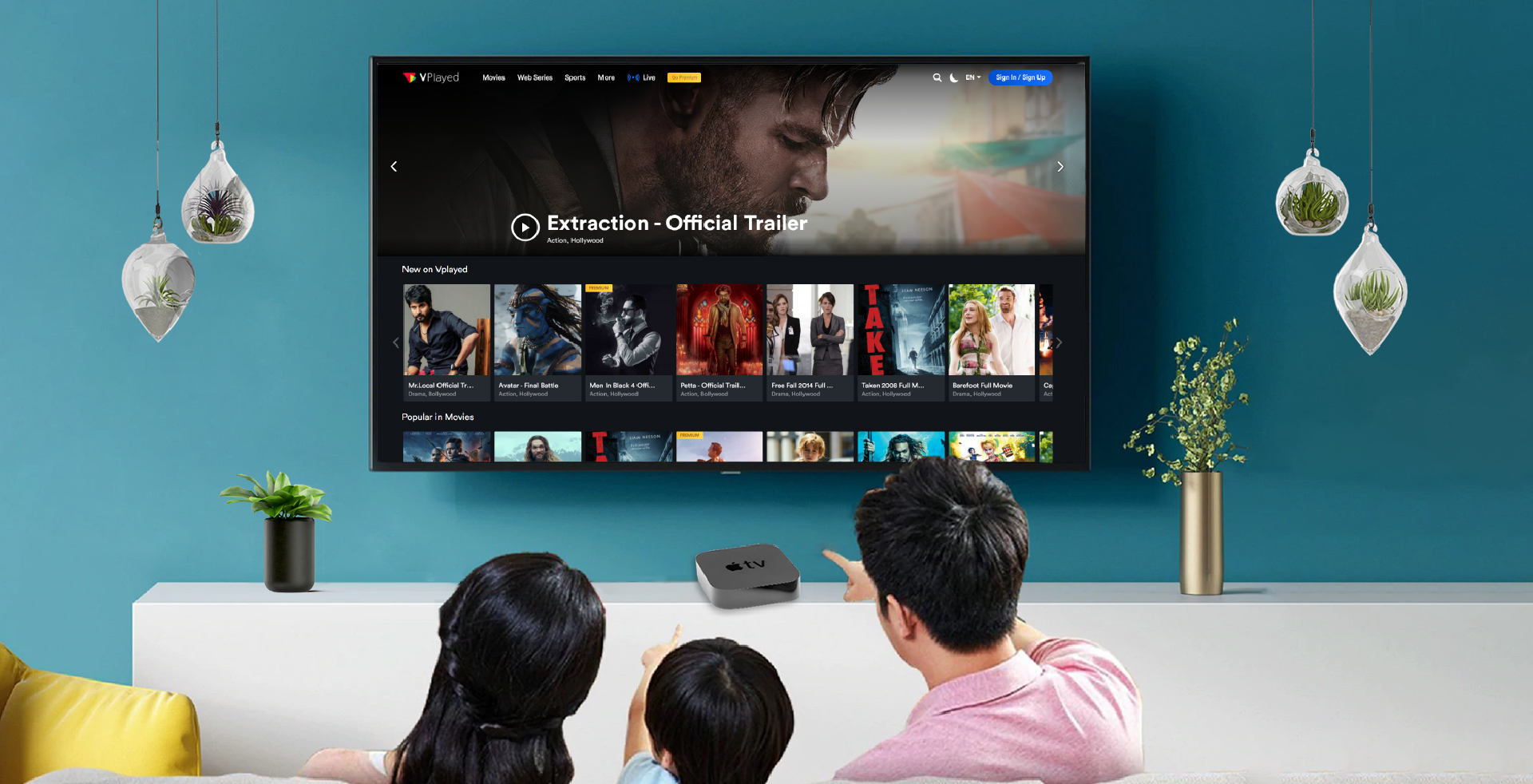In the world of television there have been significant advancements in technology leading to the rise of new and innovative ways to consume content. Two popular options for accessing television programming are IPTV (Internet Protocol Television) and traditional cable TV. Both offer a variety of channels and on demand content but they differ in several aspects. This article aims to provide a comparative analysis of IPTV and traditional cable TV, highlighting their differences and helping readers make an informed choice.
1. Technology and Infrastructure:
IPTV: IPTV operates over an internet connection using IP (Internet Protocol) packets to deliver television content. It requires a high speed internet connection and a compatible device such as a smart TV, IPTV set top box or a computer with IPTV software installed. IPTV services use streaming protocols like HLS (HTTP Live Streaming) or MPEG DASH (Dynamic Adaptive Streaming over HTTP) to transmit content.
Traditional Cable TV: Cable TV relies on a physical infrastructure of coaxial cables and a cable box to transmit television signals. It delivers content through a cable network which requires a connection to the cable provider's network infrastructure. Cable TV often requires professional installation and set up of equipment.
2. Channel Selection and Content:
IPTV: IPTV offers a vast array of channels and content from around the world. With IPTV, users can access international channels live sports events, movies, TV shows, documentaries and more. IPTV services also provide on demand content allowing viewers to watch their favorite shows or movies at their convenience. Some IPTV providers even offer customizable channel packages allowing users to select specific channels they want to subscribe to.
Traditional Cable TV: Cable TV offers a wide range of channels including local and regional programming, news channels, sports networks and premium channels like HBO and Showtime. Cable TV providers often offer bundled packages with predetermined channel lineups allowing users to choose from different tiers based on their preferences. However cable TV may have limited international content compared to IPTV.
3. Flexibility and Mobility:
IPTV: One of the significant advantages of IPTV is its flexibility and mobility. Since it relies on an internet connection, viewers can access IPTV services on multiple devices including smart TVs, smartphones, tablets, and computers. IPTV allows users to watch their favorite shows or movies anytime anywhere as long as they have an internet connection. Some IPTV services also offer features like catch up TV which allows users to watch previously aired programs.
Traditional Cable TV: Cable TV is traditionally limited to viewing on a television set connected to the cable box. While some cable providers offer streaming options through their own apps or websites the flexibility and mobility may not be as extensive as IPTV. Cable TV often requires additional equipment or subscriptions for accessing content on multiple devices.
4. Picture Quality and Performance:
IPTV: IPTV supports various video formats including SD (Standard Definition), HD (High Definition) and even 4K Ultra HD depending on the provider and the user's internet connection speed. The picture quality of IPTV is generally excellent and it can adapt to varying network conditions by adjusting the stream quality dynamically.
Traditional Cable TV: Cable TV has been a reliable source of high quality picture and sound for many years. It typically offers a consistent picture quality without being affected by internet speed fluctuations. However cable TV may not provide the same level of resolution options as IPTV, especially when it comes to
4K content.
5. Cost and Pricing Models:
IPTV: The cost of IPTV subscriptions can vary depending on the provider the channel packages and additional features. Some IPTV services offer affordable monthly subscriptions with access to a wide range of channels while others may have premium packages or pay per view options for specific events. However, it is worth noting that IPTV requires a stable and fast internet connection which may add to the overall cost.
Traditional Cable TV: Cable TV pricing often involves monthly subscription fees that include a predetermined set of channels and services. Cable providers may also offer premium channels or additional packages at extra costs. Additionally installation fees and equipment charges may apply. Cable TV plans can be relatively expensive compared to certain IPTV offerings.
Conclusion:
When comparing IPTV and traditional cable TV it is clear that both have their unique features and advantages. IPTV offers flexibility, a vast channel selection on demand content and the ability to watch TV on multiple devices. On the other hand traditional cable TV provides a reliable viewing experience, a familiar interface and bundled packages that may suit specific preferences.
Ultimately the choice between IPTV and traditional cable TV depends on individual needs, preferences, and the availability of reliable internet connectivity. Considering the comparative analysis provided in this article users can make an informed decision based on factors such as technology channel selection flexibility, picture quality and cost.
It is important to research and compares different IPTV providers and cable TV options in your area to find the best fit for your television viewing preferences and budget.



